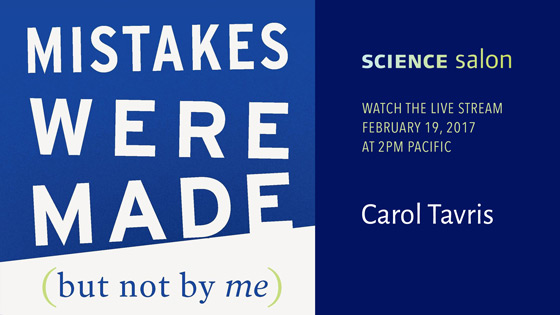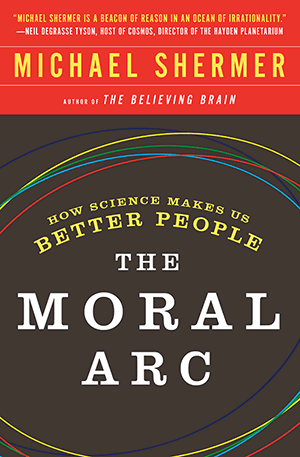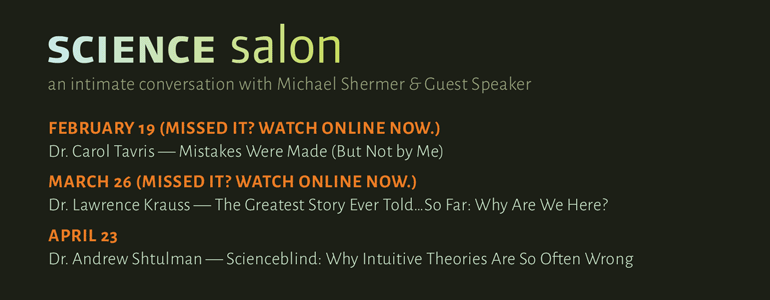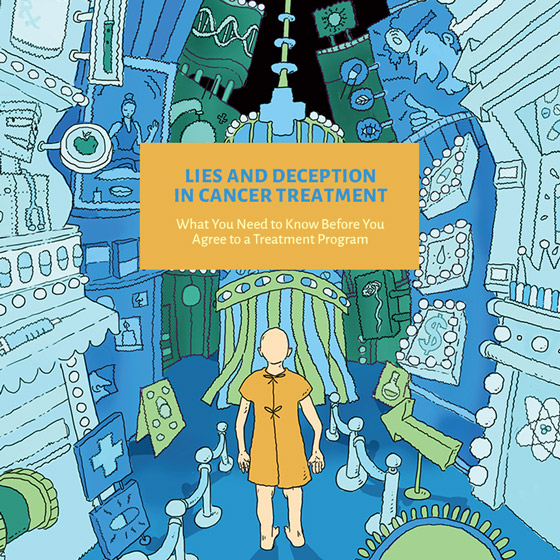In this week’s eSkeptic:
RESERVE FOR SCIENCE SALON # 10
Dr. Carol Tavris — Mistakes Were Made (But Not by Me)
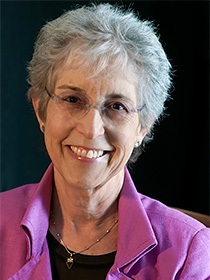
Why is it so hard to say “I made a mistake”—and really believe it? Social psychologist Dr. Carol Tavris, one of the most influential thinkers and writers of our time, explores in dialogue with Michael Shermer cognitive dissonance and what happens when we make mistakes, cling to outdated attitudes, or mistreat other people—we must calm the cognitive dissonance that jars our feelings of self-worth. And so, unconsciously, we create fictions that absolve us of responsibility, restoring our belief that we are smart, moral, and right—a belief that often keeps us on a course that is dumb, immoral, and wrong…
Advanced tickets are required.
Call 1-626-794-3119 to reserve.
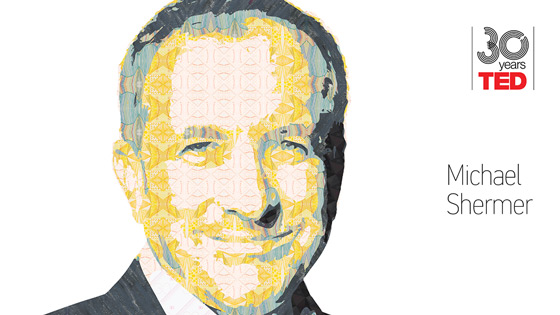
TEDArchive
How Science & Reason Make the World Better
In this previously unpublished, unedited talk recorded at TED 2014 All-Stars, Skeptic Michael Shermer argues that science and reason have bent the moral arc of society towards justice and freedom. Thanks to scientific discovery, myopic ideas and laws are being thrown out in favor of comprehensive legislation. Could this be the onset of major changes? This talk is based on Michael Shermer’s book The Moral Arc: How Science Makes Us Better People. Learn more about the book at moralarc.org.
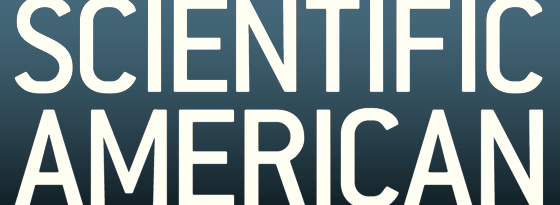
SCIENTIFIC AMERICAN “SKEPTIC” COLUMN FOR FEBRUARY 2017
Imagine No Universe: Science Contemplates the Incomprehensible
Imagine nothing. Go ahead. What do you see? I picture dark empty space devoid of galaxies, stars and planets. But not only would there no matter, there would be no space or time either. Not even darkness. And no sentient life to observe the nothingness. Just … nothing. Picture that. You can’t.
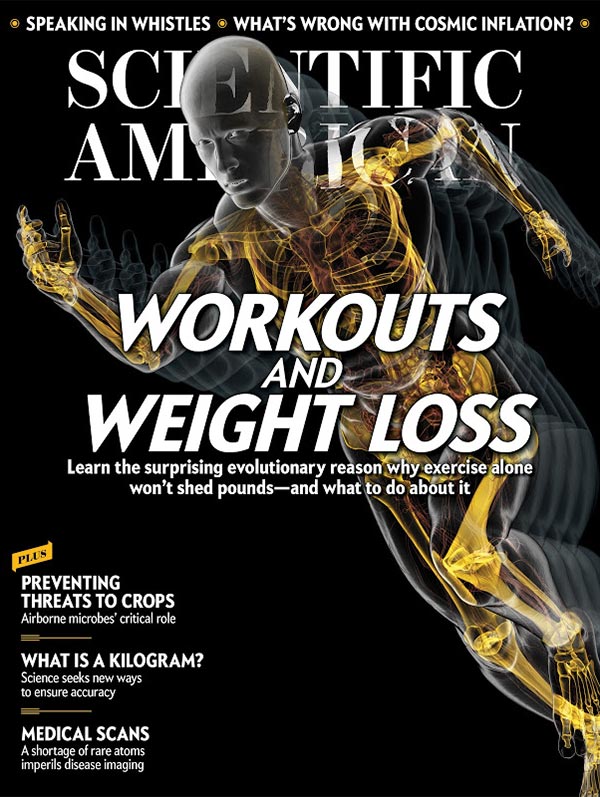
Nothing is nonsensical. It is impossible to conceptualize nothing— not only no space, time, matter, energy, light, darkness or conscious beings to perceive the nothingness but not even nothingness. In this sense, the question is literally inconceivable.
Nothing is something. It is a logical fallacy to talk about “nothing” as if it were a “something” that ceases to exist. Here we bump up against the problem of defining what we mean by “nothing” and the restrictions that language imposes on the problem. The very acting of talking about “nothing” makes it a “something.” Otherwise, what are we talking about? […]
MISSED SCIENCE SALON # 9?
Watch the video recording now
Among Americans, diabetes is more prevalent today than ever; obesity is at epidemic proportions; nearly 10% of children are thought to have nonalcoholic fatty liver disease. And sugar is at the root of these, and other, critical society-wide, health-related problems. With his signature command of both science and straight talk, Gary Taubes delves into Americans’ history with sugar: its uses as a preservative, as an additive in cigarettes, the contemporary overuse of high-fructose corn syrup. He explains what research has shown about our addiction to sweets. He clarifies the arguments against sugar, corrects misconceptions about the relationship between sugar and weight loss; and provides the perspective necessary to make informed decisions about sugar as individuals and as a society.


